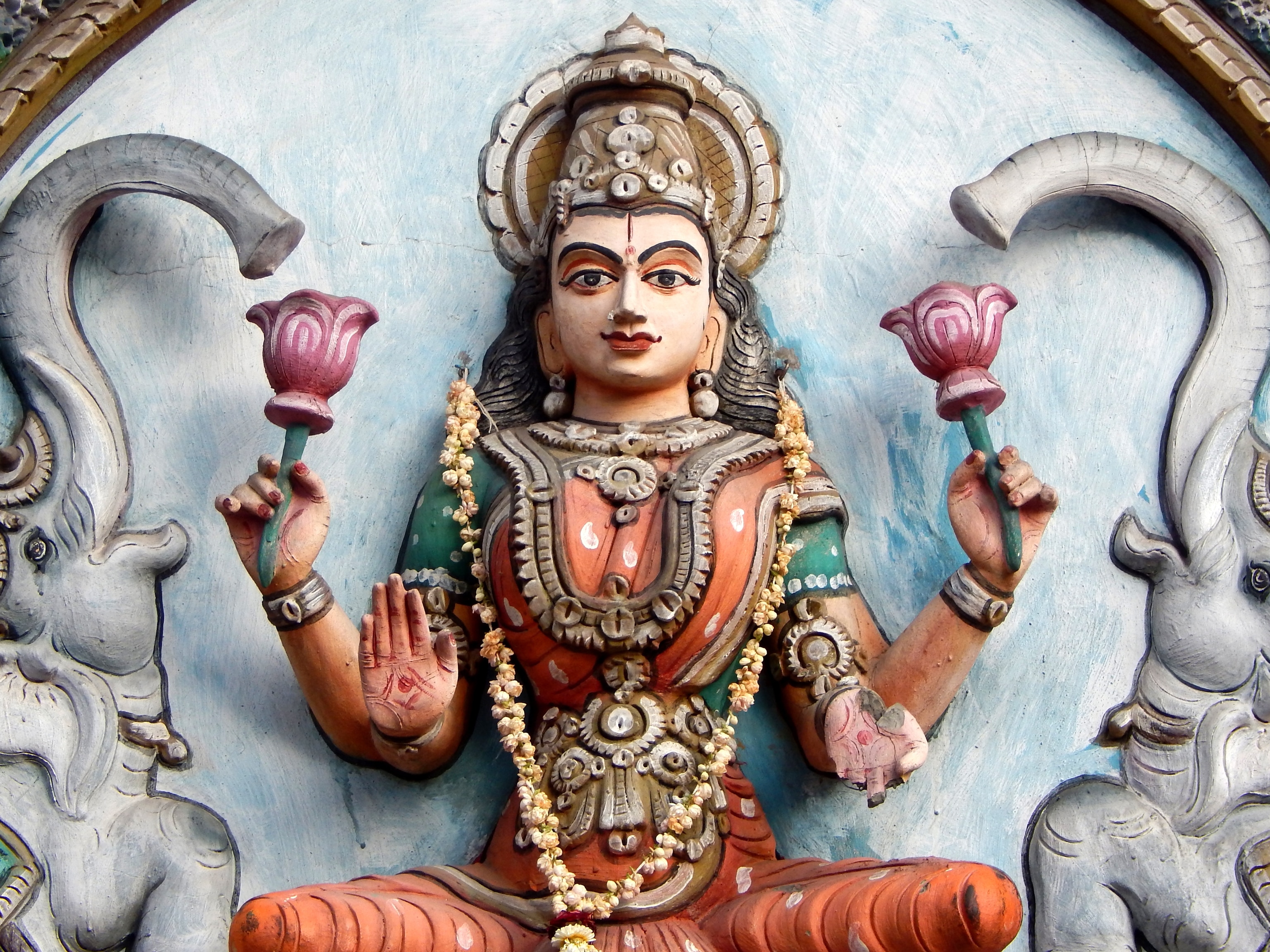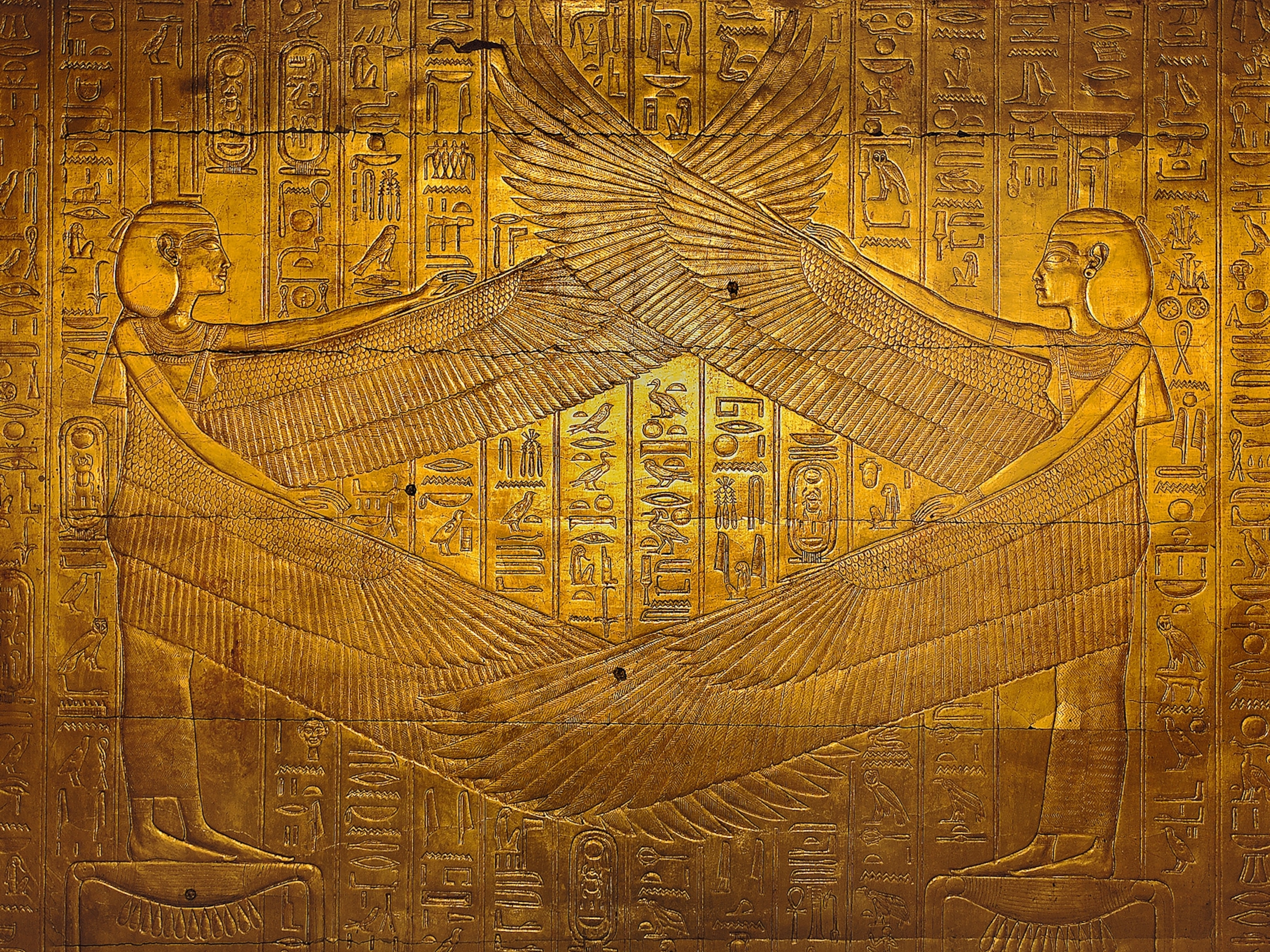
An Ex-Monk's Advice on How to Follow Your True Path
Jay Shetty is focused on helping people pursue what's meaningful rather than what "makes sense."
Fresh out of business school, Jay Shetty passed up the world of suits and offices to shave his head and become a monk. Originally from London, he spent three years across India, England, and Europe studying, meditating, teaching, and building shelter and food programs for people in need.
Then he departed one calling for another, shedding his robes to return to the corporate world as a speaker and trainer. Now, as part of the CHASING GENIUS Council, he continues his mission to help people find their purpose. Here, he talks about how he followed his own passion to inspire others, and what he thinks we need to unlearn in order to unlock our best selves.
Talk about your early days as a monk. What led you on that path?
I was at business school doing pretty well for myself, had a few offers from some great companies. But when I traveled across the world, I was shocked by just how much pain, struggle, and anguish people had to go through to have basic necessities. I remember being in India one time where I saw people who were struggling to find food at the bottom of a trash can, and then I walked into my hotel and saw people arguing over how the quality of food at the buffet wasn't good enough.
At the same time this monk [Gauranga Das] came and spoke at my business school. He was so inspiring in a way that no CEO was. He spoke about selflessly sacrificing what was available to you to serve others, and that became a very attractive concept to me. I thought to myself, I want to do something meaningful with my life.
And then what made you leave three years later?
I felt that if I stayed where I was, I wouldn't be able to serve in a calling of wanting to share what I'd learned in a more powerful way with the world that I came from, as opposed to the world that I'd adopted.
It felt like I was getting divorced from the love of my life. I'd chosen the path because I saw its value, but it was probably one of the most difficult decisions I've ever made.
How was the transition? What did you do next?
I moved back in with my parents because I'd basically committed career suicide: I'd turned down well-known corporations and hadn't gotten anything on my resume for the last three years. I started teaching companies about ancient forms of wisdom that I felt would accelerate their organizations.
I remember spending a lot of time reading every book and article I could on what was happening in the world. As a monk [on the Hindu Vedic path] I was teaching, I was with the public—so it's not that I wasn't active in the real world, but when you're not in the world you definitely lose this connection. I felt that if I had to make what I'd learned relevant, then I would have to understand the context in which I was trying to make it relevant. So internally, it was seamless, but externally it wasn't seamless at all.
I'm a behavioral science geek, so a lot of what I shared [in talks starting out] was also rooted in the science and research of today. I make ancient wisdom relevant, but through modern research and science.
What is your mission now?
To share life-changing wisdom in a way that makes people feel entertained, in a way that’s active, dynamic, and innovative. It's not sitting there listening to a school program or a class. I'm [also] passionate about spreading a movement of unlearning what the world has taught us: what our families taught, what school has taught, what we've picked up from around us. To allow [people] to go back to being self-aware of their own interests, needs, and concerns. It's disconnecting from what "makes sense" to what actually moves you and what makes sense internally.
What things do you think people need to unlearn that turn into roadblocks?
I don't think it's news that we live in a society where we're chasing forms of success that are predefined that we don't accept fully. It's really that piece of redefining success and what matters to us as individuals in our own journey. It's something that we need a constant reminder about. Aristotle was talking about happiness 2,000 years ago. Every area of our life has been disrupted and innovated apart from personal growth and self-awareness.
As young people, we're not exposed to two things enough: a diverse range of role models, and a diverse set of experiences. Those are the two things that change people's lives. What I'm trying to do is use the online platform to create a world where we're exposed to a lot more role models and a lot more experiences to expand the way we think and connect dots. If I have a new idea, I want to know what Mark Zuckerberg thinks as much as I want to know what the Dalai Lama thinks. Today we focus on extreme ways of solving things. We try to solve things through technology alone or through consciousness and spirituality alone. The solution is [the two] together. Neither is good enough on its own.
What would you say to someone who is thinking about pursuing their own path, departing from the status quo?
I love the title CHASING GENIUS, because in my opinion, that is what genius is. It's not a destination or plateau. If you're always moving to have an impact on the world around you, that's something you'll always be chasing. You will never be bored, you will never be tired, you will never lose ideas, you'll never lose opportunities. For me chasing genius is about connecting your passion to the process. The world will be an incredible place when everyone knows how to use their passion in the service of others. That way we'll all be impacting people around us.
This interview has been edited for length and clarity.






